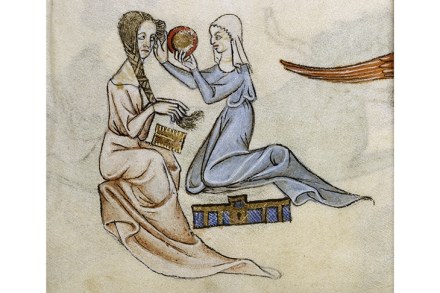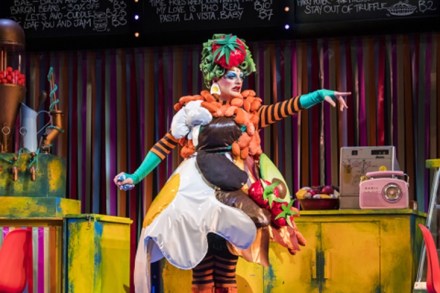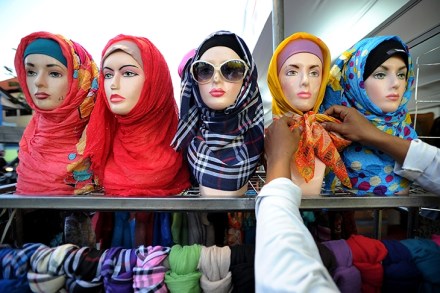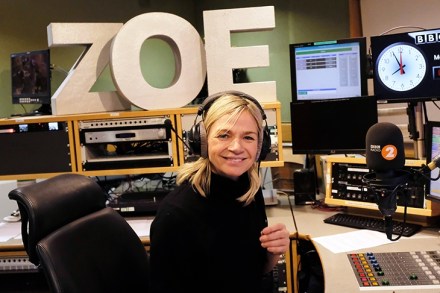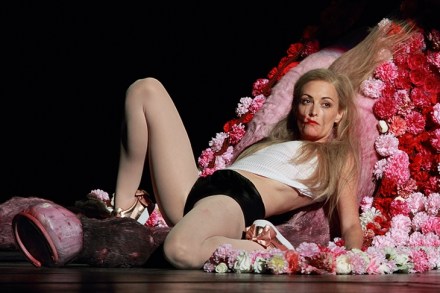Medieval girl power
Women who can — however tenuously — be described as ‘rebel girls’ are big in publishing now. Goodnight Stories for Rebel Girls sold 3.5 million copies in hardback, reflecting a huge cultural push to discover and venerate women in history who kicked over the traces. To publishers, real-life rebel princesses have cool hard-cash value. In this context we come to this book, a scholarly work effortfully seeking out the ‘you-go-girl’ moments of the notoriously woke 13th century. Kelcey Wilson-Lee, who has a doctorate in medieval history from Royal Holloway and works in the development office at Cambridge University overseeing regional philanthropy, has an underlying agenda. But she also has the
